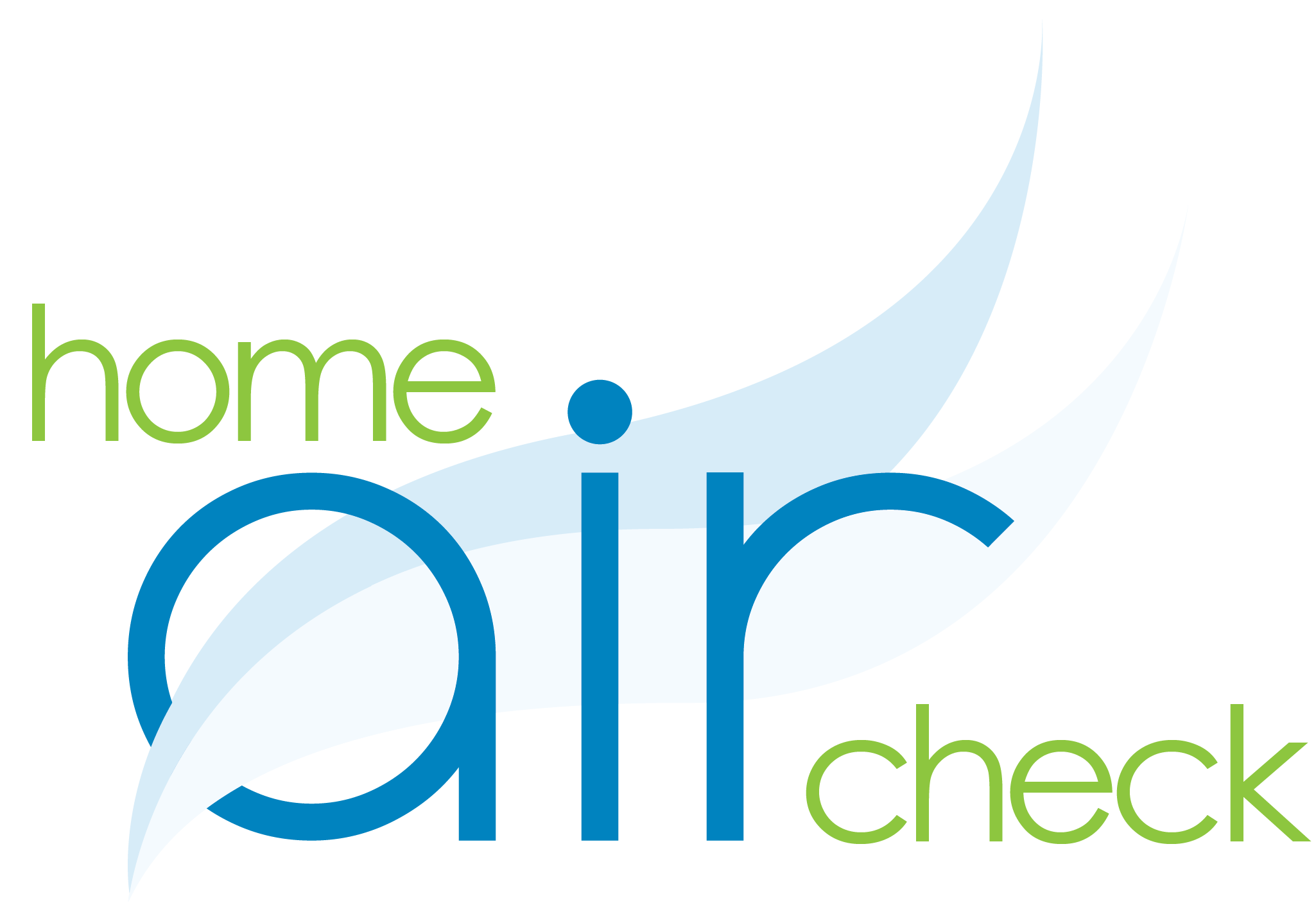Create Cleaner Air Among Wildfires & COVID-19
If you haven’t felt like going outside in recent weeks to get relief from the coronavirus pandemic, you really don’t want to now, when refuge outdoors is hazardous for everyone, not only people who are vulnerable to respiratory problems. Wildfire smoke can irritate your lungs, cause inflammation, affect your immune system, and make you more prone to lung infections.
Breathing in wildfire smoke can cause symptoms such as eye, nose, and throat irritation, and more dangerous symptoms like wheezing, coughing, and shortness of breath. The best way to protect yourself from smoky air is to stay inside and keep your indoor air clean by improving filtration and creating a cleaner air in your home.
What Can I Do To Get Cleaner Air, Now?
Keep in mind that while social distancing guidelines are in place, finding cleaner air might be harder outside of your home if public facilities such as libraries, community centers, and shopping malls are closed or have limited their capacity.
To reduce the intake of smoke into your home and keep the indoor air clean, avoid activities that would create fine particles indoors, including:
- Close windows and doors when it’s smoky outside, and open windows to let in fresh air during times when there’s better air quality outside.
- Set air conditioners to re-circulate.
- Avoid burning candles/incense, smoking, broiling/frying foods, and vacuuming (without a hepa filter), as these can add to indoor pollution. Instead, dust or mop surfaces. Learn more about fine particles in indoor air.
- Use a portable air cleaner with a HEPA filter – Air Cleaner Information for Consumers – California Air Resources Board.
- Build your own box fan filter – WA Department of Ecology’s video on how to make your own clean air fan.
Cleaner Air With Air Purifiers & High-Efficiency HVAC Filters
You may decide to purchase a portable air purifier or high efficiency HVAC system filter as part of your preparation to help produce cleaner air indoors during a wildfire smoke event. If you decide to purchase an air purifier, choose one that is sized for the room in which you will use it. Make sure it does not make ozone. If you decide to purchase a high-efficiency HVAC filter, choose one with a Minimum Efficiency Reporting Value (MERV) 13 rating, or as high a rating as your system fan and filter slot can accommodate. You may need to consult a professional HVAC technician to determine the highest efficiency filter that will work Webest for your system.
Adjusting your HVAC System or Air Conditioner to Keep Smoke Out
It’s also a good idea to get familiar with your HVAC system or air conditioner system, if you have one.
- If you have a central HVAC system, find out if it has a fresh air intake. If it does, find out how to close it or turn the system to recirculate mode. Make sure the HVAC filter is in good condition, fits snugly in the filter slot, and is replaced as recommended by the manufacturer. Consider upgrading to a MERV 13 or higher rated filter if your system can accommodate it.
- If you have a window air conditioner, find out how to close the outdoor air damper. If you cannot close the damper, consider preparing other cooling options like a fan. Make sure that the seal between the air conditioner and the window is as tight as possible.
- If you have a portable air conditioner with a single hose, typically vented out of a window, do not use it in smoky conditions. Consider other cooling options like a fan or window air conditioner. If you have a portable air conditioner with two hoses, make sure that the seal between the window vent kit and the window is as tight as possible.
Stay Informed
- Use the Air Quality Index (AQI) to check the air quality in your area.
- Visit gov to find reliable information about wildfire smoke and air quality.
- If there is a large wildfire in your area, then there is likely an Air Resource Advisor assigned to provide wildfire smoke outlook.
- For further information about wildfire smoke and your health, visit, https://www.cdc.gov/air/wildfire-smoke/default.htm.
- Visit the CDC COVID Data Tracker for more information about COVID-19.
- Check resources from state, local, tribal, and territorial health departments for more information on COVID-19 cases and deaths in a given area.


